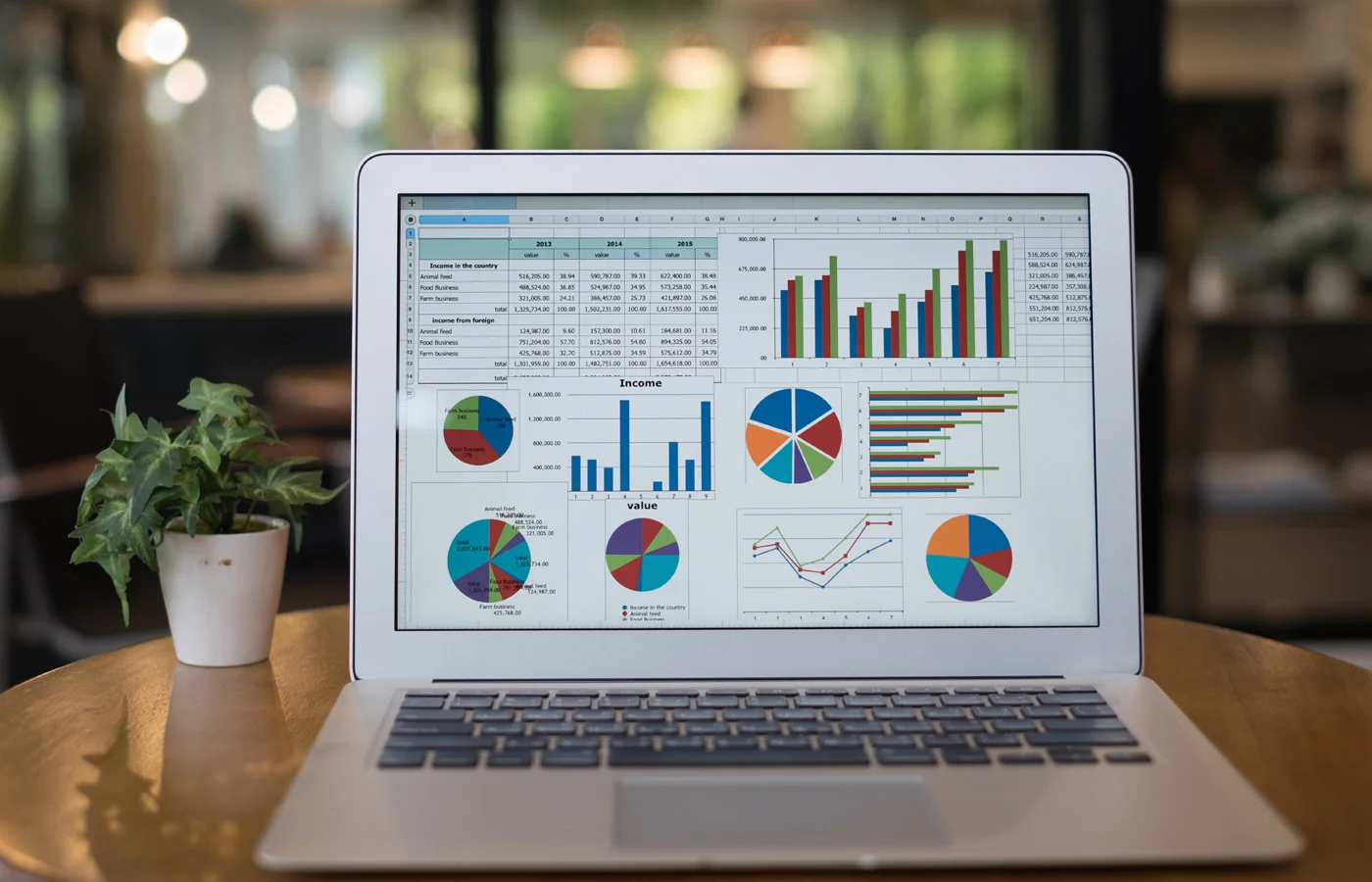
Introduction to Freelancing and Solopreneurship
Are you a freelancer or solopreneur looking to take your business to the next level? As someone running your show, keeping track of finances and staying on top of accounting can be overwhelming. But fear not! With the right tools, managing your finances can be a breeze. This blog post will explore why accounting software is necessary for freelancers and solopreneurs like yourself. Let’s dive in!
The Importance of Proper Accounting for Small Businesses
Small businesses, including freelancers and solopreneurs, often overlook the importance of proper accounting practices. However, keeping track of income and expenses is crucial for financial success. It clearly shows your business’s economic health and helps make informed decisions to drive growth.
Proper accounting allows you to monitor cash flow, identify profitable ventures, and pinpoint areas where costs can be reduced. It also ensures compliance with tax regulations and avoids any potential penalties or audits down the road. Without accurate financial records, it’s challenging to assess the viability of your business or secure funding for future endeavors.
By implementing sound Accounting Software practices early on, small businesses can establish a solid foundation for long-term success. Whether using spreadsheets or specialized software, staying organized with your finances is critical to sustainable growth in today’s competitive landscape.
Benefits of Using Accounting Software for Freelancers and Solopreneurs
Managing finances can be a daunting task for freelancers and solopreneurs. With the help of accounting software, you can streamline your invoicing process, track expenses effortlessly, and ensure accurate record-keeping. This tool simplifies the complex numbers world into user-friendly interfaces that make financial management less intimidating.
Using accounting software lets you generate detailed reports with just a few clicks, giving you valuable insights into your business performance. Real-time access to critical financial data enables you to make informed decisions promptly to drive your business forward.
Moreover, automation features in accounting software save time by handling repetitive tasks like recurring invoices and expense categorization. This frees up more time for you to focus on growing your business rather than getting bogged down in administrative tasks.
Investing in accounting software is an intelligent move for freelancers and solopreneurs looking to increase their businesses’ efficiency, accuracy, and overall financial health.
Top Features to Look for in Accounting Software
When choosing accounting software for your freelancing or solopreneur business, there are vital features to consider. Look for software that offers invoicing capabilities, allowing you to easily create and send professional invoices to clients.
Another critical feature is expense tracking, which helps you monitor where your money is going and simplify tax time. Integration with bank accounts can streamline the process by automatically importing transactions.
Having reporting tools is also crucial, enabling you to analyze financial data and make informed decisions for your business. Customization options allow you to tailor the software to fit your needs and branding.
Cloud-based accessibility ensures you can manage your finances securely from anywhere at any time. Remember these features when selecting the right accounting software for your unique business requirements.
Popular Accounting Software Options for Freelancers and Solopreneurs
When it comes to popular accounting software options for freelancers and solopreneurs, there are a few standout choices that cater specifically to the needs of small businesses. One top contender is QuickBooks Online, known for its user-friendly interface and robust features tailored to self-employed professionals. Another favorite among freelancers is FreshBooks, offering easy invoicing, expense tracking, and time management tools all in one place.
Wave Accounting provides free accounting software with critical features like income/expense tracking and customizable invoices for those looking for a more affordable option without skimping on functionality. Xero is another reputable choice known for its extensive integrations with other business tools and comprehensive financial reporting capabilities.
The best accounting software for you depends on your business needs and preferences. It’s worth exploring these popular options to find the right fit for streamlining your finances as a freelancer or solopreneur.
How to Choose the Right Accounting Software for Your Business Needs
When choosing the right accounting software for your business needs as a freelancer or solopreneur, there are several factors to consider. First and foremost, assess the size and complexity of your business operations. Determine if you need basic bookkeeping functionalities or more advanced features like invoicing, expense tracking, and financial reporting.
Consider your budget constraints and look for affordable options that offer value for money. Evaluate the scalability of the software – ensure it can grow with your business as it expands. Look for user-friendly interfaces that make navigation easy and intuitive.
Check for cloud-based solutions that allow you to access your financial data anytime, anywhere. Security is paramount when dealing with sensitive financial information, so opt for software with robust data protection measures.
Read reviews from other freelancers or solopreneurs to gauge user satisfaction and the overall performance of the accounting software before deciding which one suits your needs best.
Tips for Successfully Implementing and Utilizing Accounting Software
Implementing and utilizing accounting software can significantly benefit freelancers and solopreneurs in managing their finances efficiently, saving time, and ensuring accurate record-keeping. Following these tips for successfully implementing and utilizing accounting software can streamline your business processes, improve financial visibility, and make informed decisions to drive growth. Take the time to research and choose the right accounting software that aligns with your business needs. Train yourself or your team on how to use the software effectively. Regularly update your financial records in the system to keep track of income, expenses, and taxes. Utilize reporting features to gain insights into your business performance. Stay organized by setting reminders for important deadlines such as tax filings or invoice payments.
By incorporating these best practices into your workflow, you can harness the power of accounting software to optimize your financial management processes and focus on successfully growing your freelance or solopreneur venture.





